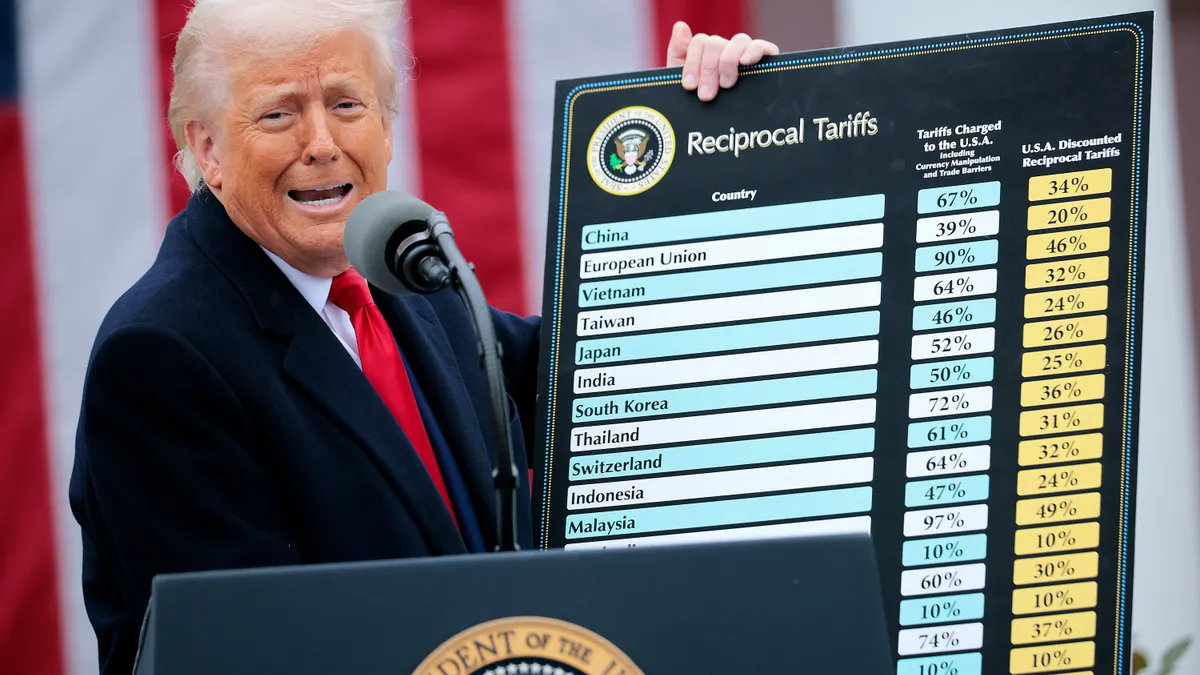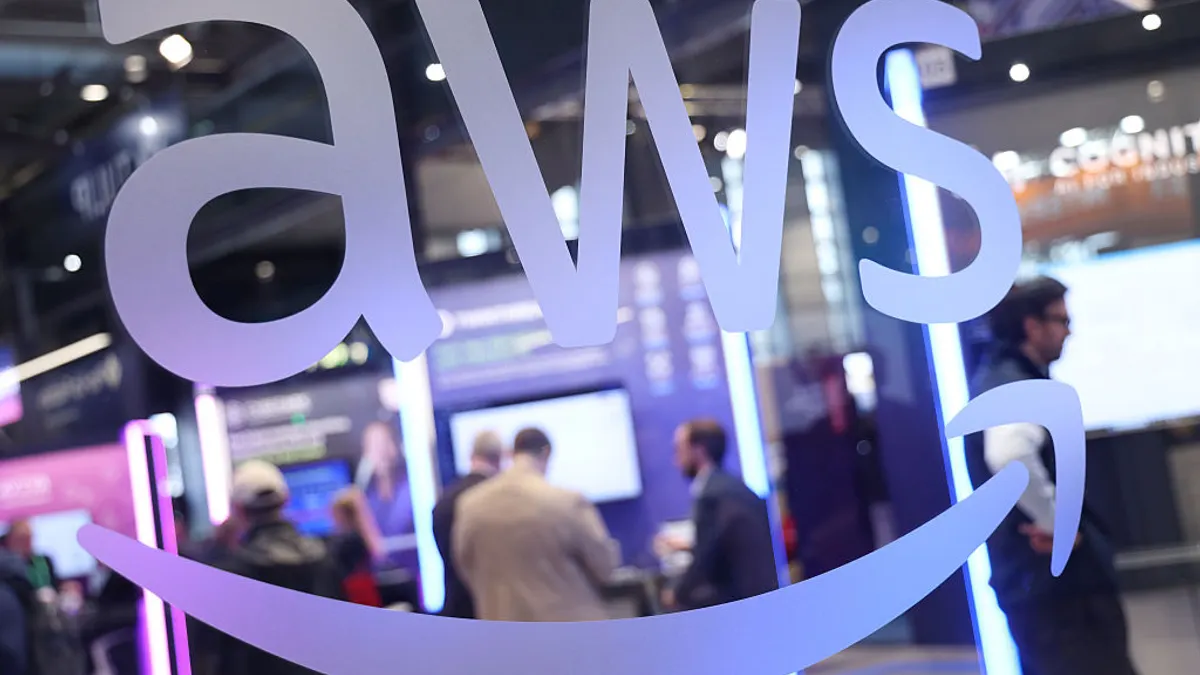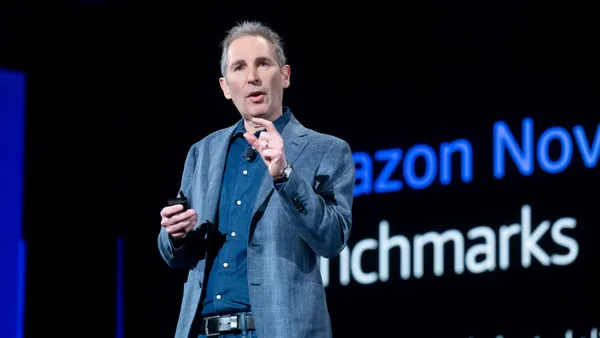Dive Brief:
- Technology executives raced to refine spending strategies in the face of economic uncertainty stirred up by President Donald Trump’s sweeping tariffs regime announced last month, according to Boston Consulting Group. The firm surveyed more than 300 senior IT leaders across North America and Europe for a report published last week.
- Nearly two-thirds of respondents ranked cost management as a top priority, BCG found, and more than 2 in 5 said they had deferred discretionary IT projects. While nearly one-third of respondents hoped to restart paused projects within six months, close to half expect delays to last up to a year.
- A sharp shift in CIO sentiment since a similar December survey was evident, BCG Managing Director and Partner Clark O’Niell said. “Everyone went into January expecting this to be a year of heavy investment in AI, cloud and security,” he said. “We've now seen the uncertainty around tariffs in the macro cycle force people to rethink their priorities.”
Dive Insight:
Despite the specter of global trade conflict and supply chain slowdowns, enterprises are banking on technology to drive efficiency gains and growth. Project delays and discretionary spending cuts have thus far been partially offset by ongoing investments in cloud and AI.
“We’re seeing clients pull back on more mature technologies and lean into emerging technologies,” O’Niell said.
The recalibration reduced expectations for technology spending increases rather than triggering across-the-board reductions. Prior to the tariff announcements, more than three-quarters of IT leaders were planning to grow their budgets by an average of 4%, BCG found.
The April picture was less rosy, with 56% of respondents anticipating larger budgets than 2024. The average expected year-over-year increases declined to 2.4%.
Technology purchases that companies can put off until 2026 will be on the chopping block this year as CIOs protect investments with potential for immediate returns, O’Niell said.
More than 4 in 5 respondents said they intend to maintain or increase spending on productivity-boosting AI and machine learning tools, and 3 in 5 aim to invest in automation technologies to mitigate the tariff impacts over the next 12 months.
Vendor consolidation in core areas, including server and storage infrastructure, IT operations management and communications platforms, is another tactic CIOs will lean on if economic uncertainty persists, according to BCG.
IT leaders have different plans for cloud services, AI and other categories of spending tied more directly to efficiency gains. Half of respondents said they plan to expand their roster of AI vendors, and more than one-third were looking to diversify cloud provider portfolios.
The fluid situation calls for contingency planning based on how the economy responds to shifting geopolitical forces.
“You can invest in a downturn, you can invest in a growing economy, but it's really hard to invest in an uncertain world,” O’Niell said.
Correction: The spelling of Clark O'Niell's name has been updated in this story.
















